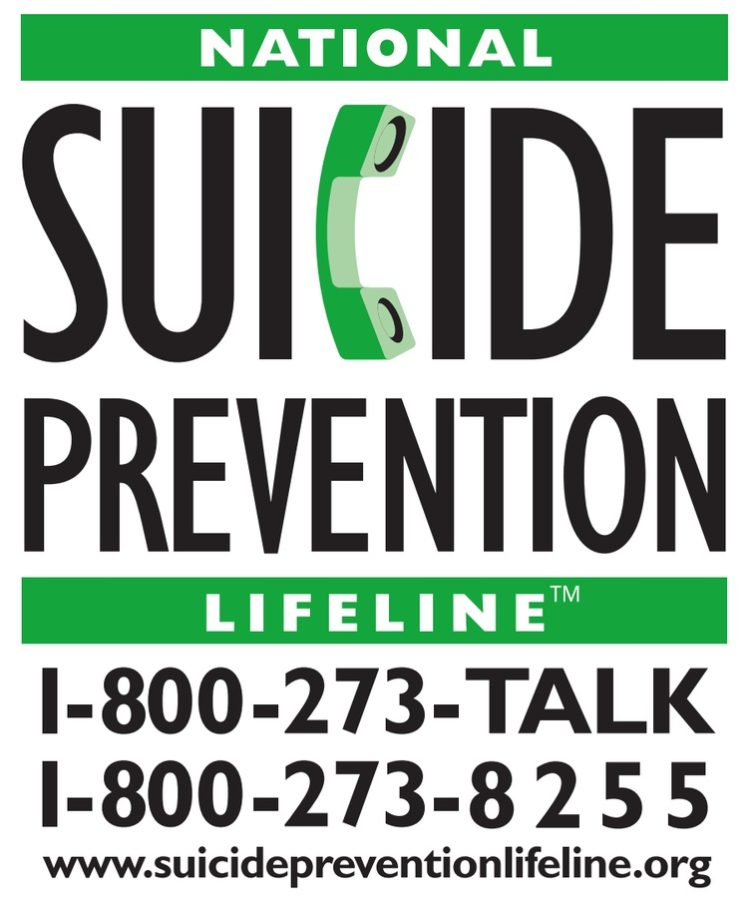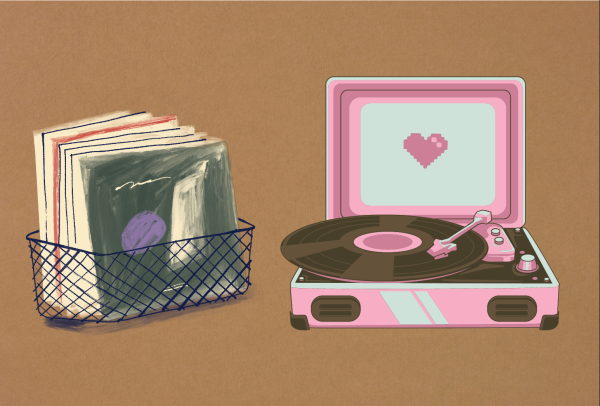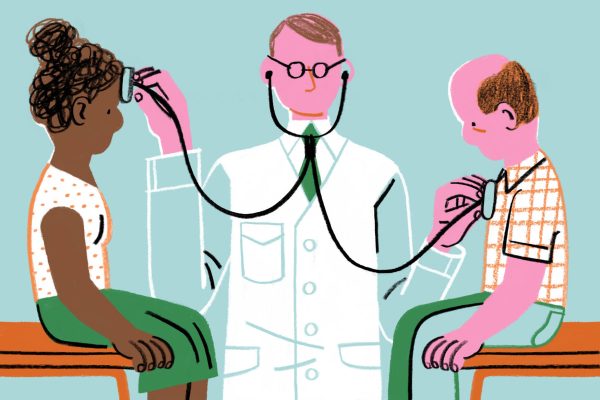Student Mental Health
There is also a national crisis text line for those hesitant to make a call or prefer something more private.
February 8, 2019
We’ve all felt stressed at some point-whether you’re a parent that has errands to run, a student with work to do, or anyone with a job to go to, life can get pretty hectic.
“Students have stressful lives,” comments Sabrina Dominguez, a junior at ERHS. “School stresses me out as far as assignments, projects, and everything being due.”
Second semester especially can be stressful for students who have to take AP exams, those who plan on taking the SAT or ACT, awaiting college acceptance letters, and even those who are just trying to get good second semester grades.
Frankly, school can be overwhelming for our Mustangs. No matter who you are or what you do, its extremely important to take care of your mental health. As defined by the ERHS Peer Counseling teacher Tracy Gamache, mental health is “really about the way in which an individual thinks about how they’re feeling … it’s being perceptive to when we feel shifts in our mood and our experiences.” A big part of that is meta-cognition, or thinking about one’s own thinking.

Gamache stresses the importance of communication when it comes to dealing with stress and emotions.
Through meta-cognition, you can better understand your habits of mind, which can then allow you to identify the roots of your problems and the main causes of your stress. Obviously, dismantling and analyzing your habits and dissecting your issues can be hard, but it’s definitely worth it. Of course, such a task can be daunting, but there are some small steps students can take to feel better about themselves. Gamache stresses the importance of self-care. Some habits that are helpful in improving one’s mental health in small ways, according to Gamache, include getting better sleep, eating healthy, exercising, and decreasing screen time, especially before sleeping.
A key step to de-stressing is identifying the root of one’s own problems. According to Gamache, the two greatest stressors for high school teens are academic and college concerns. Many face high expectations from their parents and stress over meeting our school’s A through G requirements.
Gamache feels that school too often pressures students, telling them that they “need to take x amount of AP classes and you’ve gotta be involved in all these clubs and you need to go to only the top tier universities.” On the other hand, Gamache believes that “its acceptable to say if you don’t wanna go to a four year [university], that’s okay, you can go to a community college. If you wanna go to trade school, its okay! You can go to trade school!”
Some stress, however, can go much deeper than temporary worries. Some students may experience extreme stress, anxiety, or depression, and in that case, these smaller steps my not be as effective. In these situations, the teacher recommends “come see Peer Counseling. Refer yourself, refer a friend, try to meet with your guidance counselor if you can, or teachers that you feel comfortable talking with.” She stresses the importance of a good support system that is there for you. She also suggests “communicating with your parents maybe that you need to see somebody or that you’re experiencing something” so that they, too, can help you. She does acknowledge that not all may be able to do this, especially given the diversity of our school. “Views on mental health vary from culture to culture, but if you have a supportive home life and think your parents will understand that you need some help, then I think it’s important that teens reach out and get that help,” Gamache stated.
Her hope is that mental health can be taken more seriously, as it is just as important as physical health. Sicknesses are treated by visiting the doctor, so when one feels mentally ill, they should be just as willing to get help.
Gamache is passionate about mental health because it is something she struggled with in high school herself. She was able to use the positive outlet of journaling to deal with her emotions and speaking to her friends. At her lowest points, she resorted to harmful outlets but was able to overcome her struggles by having a good support system and communicating her feelings. “I think it’s also very normal to have emotional highs and lows when you’re a teenager.” This is due to hormone fluctuations as a result of puberty. Gamache describes it as “a tumultuous time in your life.”
One other resource for those in crisis is the National Suicide Hotline, which can be reached by calling 1-800-273-8255.












